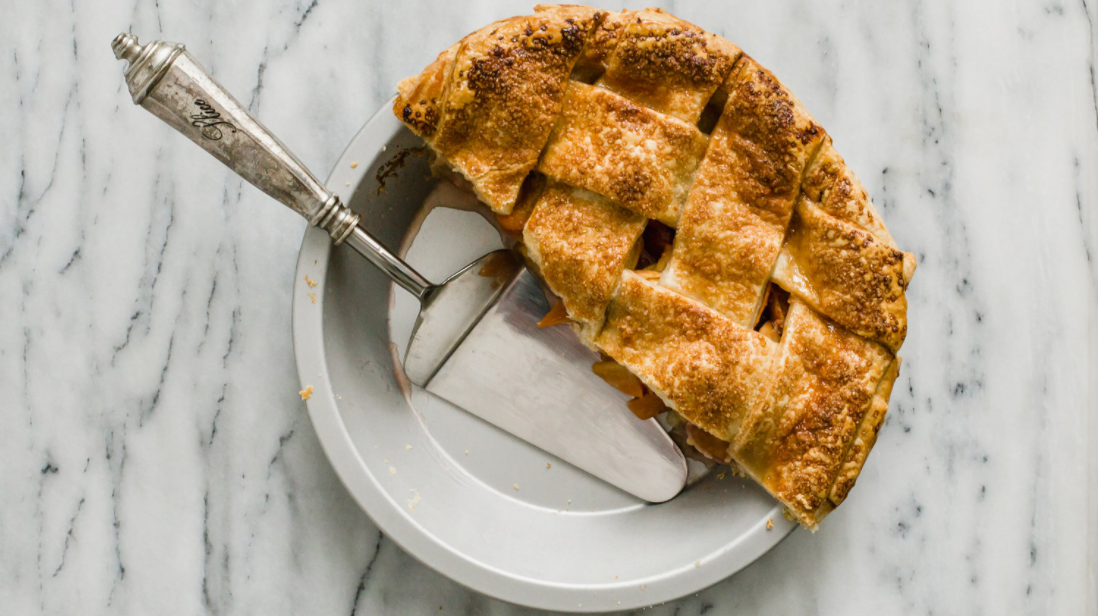Natural Stone Part 3 - Marble
If you’re like me, you tend to do some research before you make your purchases. I try NOT to be that person who shows up to the store with just enough information to be annoying to the salesperson (I’ve been on both ends of that situation!). But I need to know a little bit about my options before I get there. I want to make sure I ask the right questions, and I am wary of smooth talkers who are more interested in selling me a specific thing instead of the thing that will actually be BEST for me.
If you’re considering marble countertops, you’ll find a ton of information, but it may not help you to make a decision. For every “No, don’t do it!” there is a “Yes, go for it!” argument. So I will try to lay it out for you.
Let’s start with the basics: Marble is formed when limestone is subjected to intense heat and pressure, which makes it a metamorphic rock. It’s the presence of other minerals that give marble those gorgeous striations of color. It’s fairly soft, much softer than granite. Although a small amount of marble is mined in the US, most of it is imported.
You may have heard of Carrara, Calacatta, and Statuary (or Statuario, as my Italian grandmother would have said). They all come from the same region in Italy. Carrara marble has a grey field (background) with lots of soft, feathery, light grey veining. You’ll generally see cooler color palettes with Carrara. It is usually the best-priced, because there’s a large supply.
Calacatta marble has a cleaner, warmer white field, and the veins are thicker, more substantial. There may be some golds, browns, or dark greys in there as well.
Statuario marble is typically bright white with dark grey veining - this is a great choice for anyone looking for a really dramatic countertop.
Carrara
Calacatta Gold
Statuario - it just sounds better in Italian, doesn’t it?
And….now for the Pros and Cons list. I can’t function without my lists!
PRO: A completely natural material, with incredibly unique characteristics.
PRO: Honed marble will show less scratches.
PRO: A baker’s DREAM! A marble work surface will keep your dough and butter nice and chilly. It’s the secret to mind-blowing pie crusts.
PRO: No special cleaners are needed. Just warm soapy water.
PRO: Marble develops a beautiful patina as it ages. Great for those who want their home to show its history.
CON: Marble is porous. Acid is not a friend. Vinegar, certain juices, and wine will etch the surface if not cleaned up quickly.
CON: Polished marble will show scratches and etching.
CON: Marble is delicate. Belt buckles or a dropped plate can chip the surface.
and one more PRO: You can protect your marble surface by sealing it once or twice a year.
Think about your lifestyle - are you someone who is energized by natural elements and the way they react to world around them? Or will you be worried about the upkeep, ultimately becoming disappointed when your countertop shows signs of wear? The lure of that perfect pie crust might have you dreaming of a marble-topped work station, or maybe a safer place like your bathroom vanity would be ideal for a gorgeous piece of marble.
I’m not trying to sell you a specific thing; I want you to have the info you need so you can feel good about your choice.
And if you decide to go ahead on that pie thing, I’ll be happy to taste-test for you. Especially if it’s peach…
I’ll even bring the ice cream!






